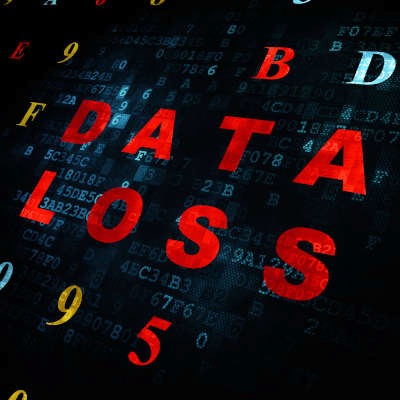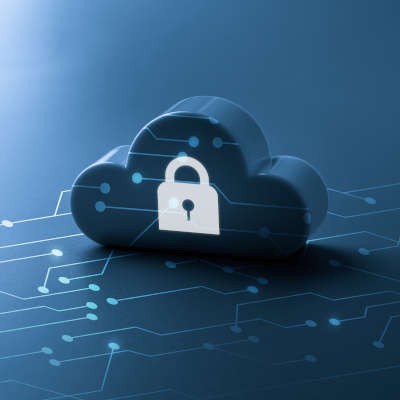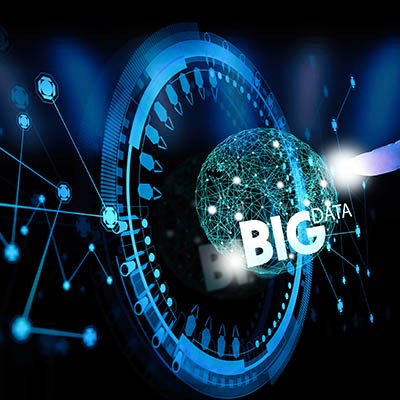Facebook is many people’s favorite—or at least most used—app and it does bring value to people by letting them keep tabs on friends and family, or grow their businesses. It has grown to be one of the largest, most successful software technology companies in the world. Unfortunately, with that type of exposure comes the responsibility of securing massive amounts of personal data. In this quest, they leave a lot to be decided. Today, we take a look at the situation Facebook is in as they are dealing with one of the largest data leaks in history.
Argentum IT LLC Blog
It is only too common for people to have very different personalities in the office as they do during their off hours, with different standards and practices to suit them. While there is absolutely nothing wrong with that on the surface, you need to be sure that they are at least upholding the kind of security best practices that you expect of them in the office while they are at home.
Sometime recently, novelty holidays have popped up for almost anything. Many of which just aim to celebrate the things about our lives that make life worth living. Take any random day, like May 12. There are a half-dozen “holidays” that day: National Limerick Day, National Odometer Day, National Nutty Fudge Day, National Fibromyalgia Awareness Day, National Receptionists’ Day, and National Third Shift Workers Day. So, May 12 runs the gamut of human existence.
If you’ve been following us for any amount of time, it is very likely that you have already heard us talk about the importance of a comprehensive data backup strategy. Recent events have made such preparations no less important for you to have in place. Let’s go over some of the key steps that you need to undergo.
What if I were to tell you that, by the time you finished reading this sentence, all personal data in existence was exposed? If every text sent, every Google search executed, every website visited, everything we had ever done online, was made public? Gizmodo recently reached out to an assortment of experts for their insights. Here, we’ve assembled their responses for you to consider.
Starting in 2008, Verizon has produced a report outlining the cybersecurity incident trends that the previous year demonstrated. In doing so, they have provided a resource that gives businesses greater insights into where their cybersecurity efforts need to be focused. Let’s go over some of 2019’s trends and insights that were highlighted in the Verizon Business 2020 Data Breach Investigations Report (DBIR).
There are many ways that data loss can take place. Malware can permanently delete your data, and ransomware can do the same (we aren’t even entertaining the notion that paying the ransom will return your data to you). Accidentally or intentionally, your end users could be the cause of data loss through deletion or overwriting data. Physical devices can be damaged and fail. When all is said and done, if your data is only stored in one place you will eventually lose it to some degree.
Big data, or massive data sets that can be used to make inferences and reveal patterns, has become an increasingly important part of modern business and can be leveraged in many different ways. There are a few different options for storing this data available, which the use case for the data will dictate. Here, we’ll evaluate whether a “data lake” or a “data warehouse” would better suit your needs.
All types of businesses use cloud resources as a part of their IT infrastructure. It allows them to turn what was once a major capital expenditure into a controllable operating cost; and, it does it while offering solutions to almost any business problem. The one drawback that most IT professionals agree on is how to gain enough control over a cloud platform to ensure that the platform is secure.
We all use computers to run our businesses every day, and data has become a key factor in what most businesses do. Even smaller businesses have begun to use their data for strategic purposes, and in doing so have started a trend that has taken the world by storm. Let’s take a look at the data services that are designed to inform business owners and decision makers on how their business is actually working and how to improve operational effectiveness.
Most people have acquired much of their familiarity with what a hacker is through the mixed representation seen in pop culture today… but does this impression match up to a hacker in real life? Popular entertainment unfortunately doesn’t differentiate between different hacker types and their motivations very well, so that’s what we’ll handle here.
Understanding Hackers, Based on Motive
We are all in the cloud. The concept of cloud computing and cloud storage has revolutionized the way businesses handle data storage and software distribution. We have helped many of our clients utilize cloud-based services, and these days, most of us are connected to this entity labeled as “the cloud” in one way or another. The question is, how can we tell if our data is safe?
Data is of key importance to many modern businesses, and with the help of a managed service provider, it can become even more useful. Here, as we continue our series on the value that a managed service provider can offer you, we’ll focus on the ways that data can be harnessed to your business’ advantage.
It’s not a secret (well, not anymore) that the big tech companies have influence. These companies, that include Apple, Google, Amazon, and Facebook, have been in the spotlight more and more as the argument of data privacy has gotten louder and louder. Public sentiment is starting to blow back on their business model--and since, Yahoo, once the predominant name in Internet-based services, was broken up and sold to Verizon for cents on the dollar after being at the center of the largest data breach in recorded history--there have been rumblings that there has to be something done to protect the public from major publicly-traded technology companies that use individual’s data in ways that some deem unethical.
In business, productivity is the goal. Unfortunately, there are so many interruptions in the workday, you absolutely have to capitalize on the moments where you’re in the groove. To find the groove more frequently, and to measure the ability of workers to find their groove, companies have started using trackable systems fueled mainly by their management software--typically a CRM, but sometimes a larger, more integrated solution--to pump out metrics designed to give managers an idea how their teams are performing, and give them an idea about how to best utilize them.




















